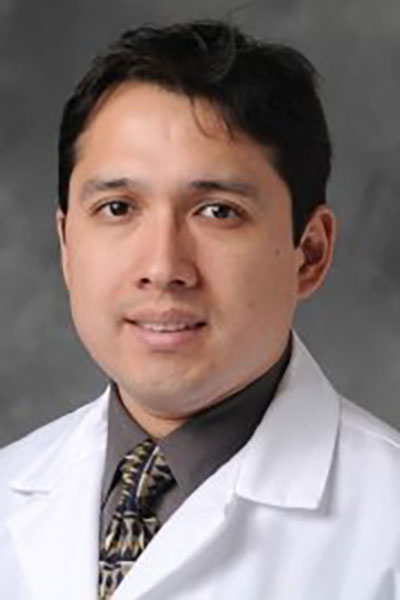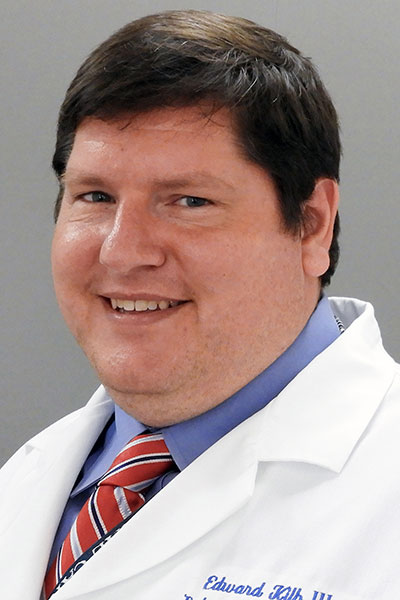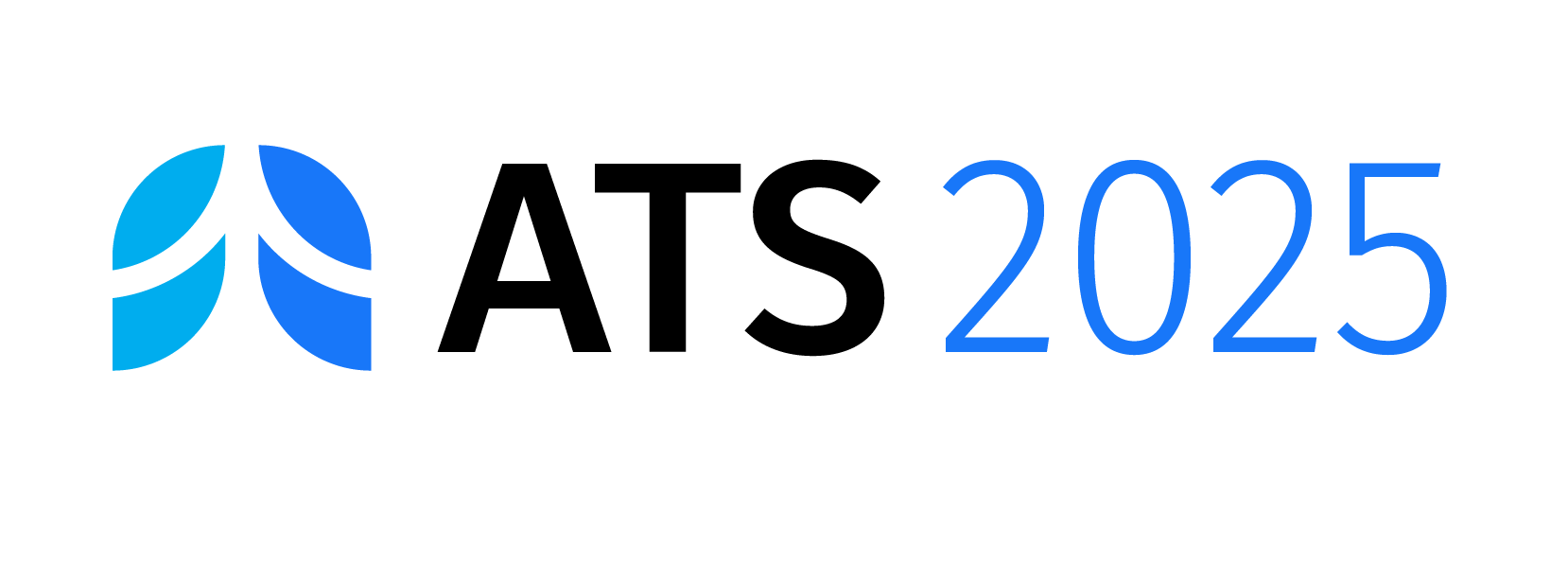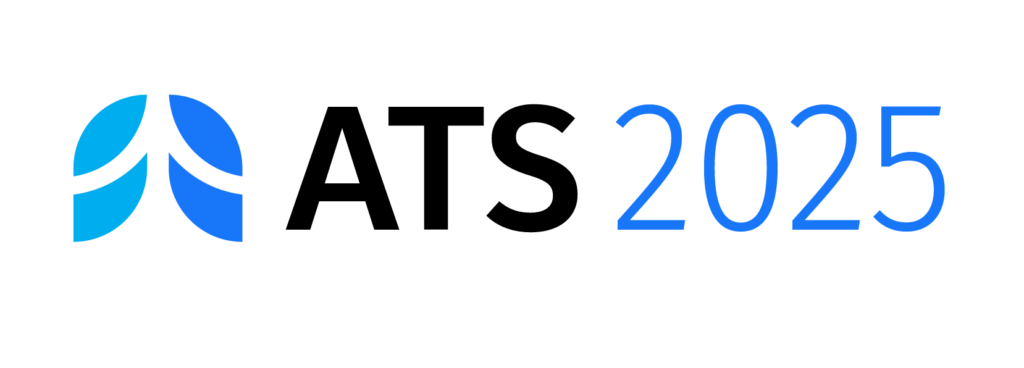The Adult Critical Care Clinical Core Curriculum will wrap up on Wednesday, May 22, from 11 a.m.-12:30 p.m. The session will feature three presentations highlighting care guidelines for patients with cardiac conditions and best practices for clinical technology used to treat these diseases.

“The second day of this year’s Critical Care Core Curriculum is focused on cardiac support devices that intensivists will likely encounter at some point but might not be totally comfortable operating alone,” explained Critical Care Clinical Core Curriculum Vice Chair Javier Diaz-Mendoza, MD, associate professor of medicine at Henry Ford Hospital-Wayne State University.
The day’s first presentation will be “I Got the Power: Updates in Internal Cardiac Support Devices” from Edwin J. Jackson, DO, MBA, RDCS, FACP, FCCP, associate program director at Indiana University School of Medicine. The presentation will highlight mechanical circulatory support devices like intra-aortic balloon pumps, Impella pumps, and ventricular assist devices to help critical care providers identify the ideal option for their patients and provide some tips to troubleshoot these devices if necessary.
The final two presentations will focus on extracorporeal membrane oxygenation (ECMO) applications and management.

“Since the utilization of this modality has been on the rise, and exponentially after the pandemic, we thought it was a good time to discuss it during this year’s core curriculum,” said Critical Care Clinical Core Curriculum Chair Edward Kilb, MD, assistant professor at the Medical University of South Carolina.
The first ECMO presentation will be “I Will Survive: ECMO Evaluation and Outcomes” from Sydney Hansen, MD, assistant professor at the University of Minnesota Medical School. Many institutions with ECMO capabilities employ a minimal team of one or two people to manage the devices, which means many intensivists are not familiar with them.
“The idea behind Dr. Hansen’s lecture is to describe how intensivists can identify patients that may require ECMO support and discuss realistic, expected outcomes with them and their family members,” Dr. Diaz-Mendoza said.
The final presentation, “Stayin’ Alive: ECMO Circuit Setup and Troubleshooting,” from Jonathan Eaton, MD, assistant professor of clinical medicine at Louisiana State University Health Shreveport, will address machine circuit setup tactics and troubleshooting options with ECMO.
“ECMO is a device we have to troubleshoot more than other support devices,” explained Dr. Kilb. “Becoming familiar with the circuit and setting up the machine is a useful skill that can also help us identify and solve common problems quickly, which is essential for patients using ECMO.”
The core curriculum series aims to support clinicians engaged in the maintenance of certification activities by providing updates on subjects included in recertification requirements. The ATS Clinical Core Curriculum Symposia focus on key topics in the areas of Adult and Pediatric Pulmonary, Critical Care, and Sleep Medicine. The topics are aligned with corresponding MOC Medical Knowledge modules. This symposium is intended to help clinicians stay up to date with important information relevant to their medical practices and to provide an opportunity for clinicians to evaluate their knowledge and skills while earning MOC Medical Knowledge credits.
Extend Your Learning Beyond San Francisco with ATS 2025 Conference Highlights

With so many valuable educational opportunities offered during the ATS 2025 International Conference, attendees are often forced to decide which sessions to prioritize. That’s why the Society is offering three ATS 2025 Conference Highlights packages for those unable to attend ATS 2025 San Francisco or attendees interested in continuing their education after the conference. Check out the packages and pick the one that’s right for you. Learn at your own pace, whenever and wherever you are!

